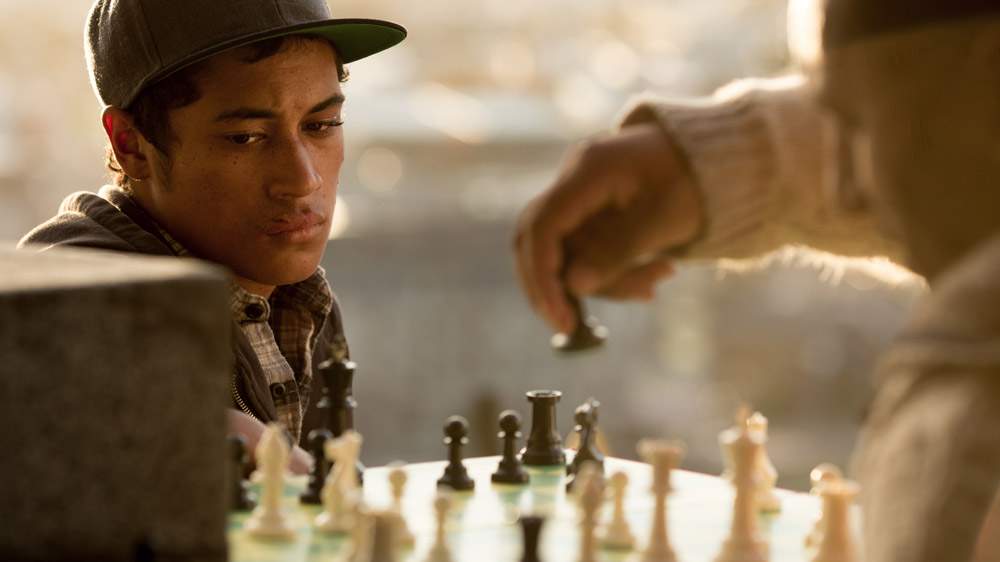The Dark Horse
A beautiful story of bravery in the pivotal moments of life, The Dark Horse is the kind of film that will make in-cinema tissue use disproportionately skyrocket in the next few weeks.
Overview
The Dark Horse is the kind of film that will make in-cinema tissue use disproportionately skyrocket in the next few weeks (take note Kleenex and Sorbent).
Weaving together Maori mythology, the modern-day worlds of New Zealand gangs and chess clubs, director and writer Napier Robertson creates the most emotionally powerful New Zealand drama since 1994’s Once Were Warriors. And those are pretty big shoes to fill.
The cast is an imperfect set of characters lead by Genesis Potini (Cliff Curtis), a bi-polar man who used to be the local speed chess champion. Recently released from the mental health clinic, Genesis looks to find stability in his life, and to make a positive change in his community by teaching young kids chess at the highly-disorganised Eastern Knights Chess Club.
Meanwhile, his nephew Mana (James Rolleston) has started the initiation process to become patched at the local Vagrants gang - a gang of which his father Ariki (Wayne Hapi) is a member. While being pulled into the gang world by his father, the 14-year-old boy finds himself inexplicably drawn to his crazy uncle’s world of chess - and a different life altogether.
The enduring beauty of The Dark Horse is that none of the characters are oversimplified - each person in the story carries with them their own complex set of fears, weaknesses and motivations. No character is left unscathed by the messiness of life, but despite its highly realistic tone, The Dark Horse is at its core a beautiful story of bravery and hope in the pivotal moments of life.







